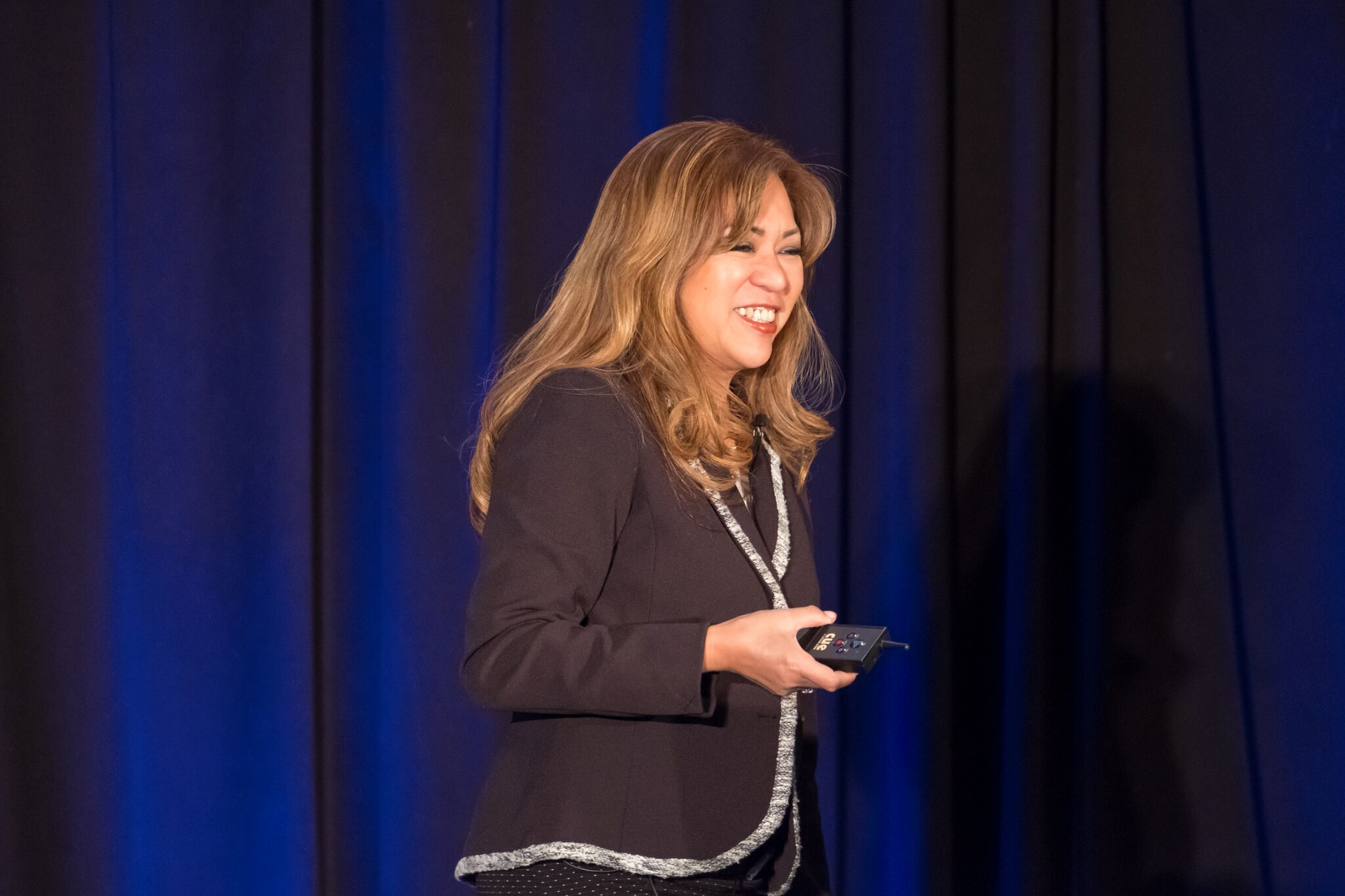Culture
Kickoff to The Future
At EKO, a central theme was how we could accelerate as a company. We want to be everywhere your data is, and so our software must run anywhere and everywhere.
Eric Schrock
Mar 07, 2018
Share
Last week, the Delphix engineering team met for our annual Engineering Kickoff (EKO). I’ve written before about this amazing event, and this year was no exception. To quote Colin Rand, our VP of cloud, on his first EKO:
I have never been at a company of this size that has brought all of engineering together for a week. That our company believes in fostering the development of our engineering culture, creating relationships throughout the org, recognizing accomplishments and embracing diversity, has made a big impression on me. It really makes us stand out amongst our technology peers that we invest in our values, they are not just posters for the wall.
For all that I could say about the culture and values on full display, I want to instead talk about the technical content of the event, and share a bit of what we’re working on and where we’re headed.

Cloud
At Delphix we’re focused on accelerating innovation by connecting people with data, reducing the data friction that inhibits development of modern custom applications in the enterprise. The cloud plays a central role in the future of application development, and brings with it data challenges new and old that Delphix can help address.
Front and center at EKO were our efforts to bring our platform experience to the cloud. While users have long been able to run Delphix within public and private clouds, we are working to provide a single point for securing and delivering enterprise data, wherever it may exist. Demos showcased the power of a cloud integration point for the Delphix platform, but we also talked about building deeper automation of cloud infrastructure in support of data operators and consumers, as well as integration with cloud native data sources and tools.
This is a complex journey, for both us and our customers. There were many sessions talking about developing cloud applications — from internal CI/CD tooling to cloud health monitoring to novel services only available in cloud environments. Living on the edge of our technology, I see and explore a lot of novel things around the cloud, some of which I was able to demonstrate in my talks. Finally, we had the pleasure of hearing Liane Praza, a former Solaris colleague of many of us at Delphix, talk about her journey from on-premise Solaris development to consumer SaaS development at Facebook. There is a lot to learn, but the excitement was palpable and the culture of mentorship was on full display.

Ecosystem
A successful platform is not only one that is broad in its ability to solve novel challenge for users that build on top of it, but one that invites its users to invest in and extend it. Our Delphix Data Platform is no exception. Some of this is already visible on our open source site, but there was plenty at EKO showing how we can better build and support an ecosystem around us.
We saw integrations with tools like Ansible and Terraform. Hackathon efforts to build new SDKs in languages like golang, integration with tools like Splunk, and customized branding for partners. Ideas for how we could more easily extend our platform to enable custom data integrations — making the simple things easy and the complex things possible for our internal teams, partners, and customers.
Many of my unstructured conversations included questions such as “Why not blog about that?” or “Why not do that as open source?”. As much as possible, we want to have as many of our interactions in public, and constrain them internally only when it is necessary to do so. So expect to hear a lot more from us in the near future.

Linux
At EKO, a central theme was how we could accelerate as a company. We want to be everywhere your data is, and so our software must run anywhere and everywhere.
At the core of the Delphix virtualization product is an application with tight ties to the OpenZFS filesystem. Ten years ago, we chose the Illumos operating system as the delivery vehicle for that combination, owing to the fact that it was a great OS with strong ZFS support, and our employees had deep familiarity with it. Illumos took us from VMware to AWS and Azure, but each new platform comes with a set of challenges — hypervisor and instance type support, extended security reviews, expanded QA, and vendor support to name a few. OpenZFS has grown over the last decade, and delivering our application on Linux provides great OpenZFS support while enabling higher velocity adoption of new environments.
This will be a long journey, but the whole organization will be helping each other along the way. The good news is that we’ll be bringing along our same expertise, passion, and principles that lead to robust, supportable, and observable systems. We saw a taste of some cool tools from our systems team at EKO, and there will be many more to come — stay tuned!

Into Orbit and Beyond
For better or worse, we’ve adopted a space metaphor to describe our future product efforts, with project names like “Saturn V” and “Orbital”. The metaphor is a bit cliche and doesn’t always hold together, but I’m going to run with it:
For the wise man looks into space and he knows there is no limited dimensions.
- Lao Tzu
We’ve built an amazing team and product at Delphix, but this is really just the beginning. When we launched the Data Platform last August, it was liftoff for the next generation of our strategy and product. The promise of our vision is vast, and EKO proves that across strategy, products, culture, and people, we’re only accelerating. I for one am proud to be a part of it.